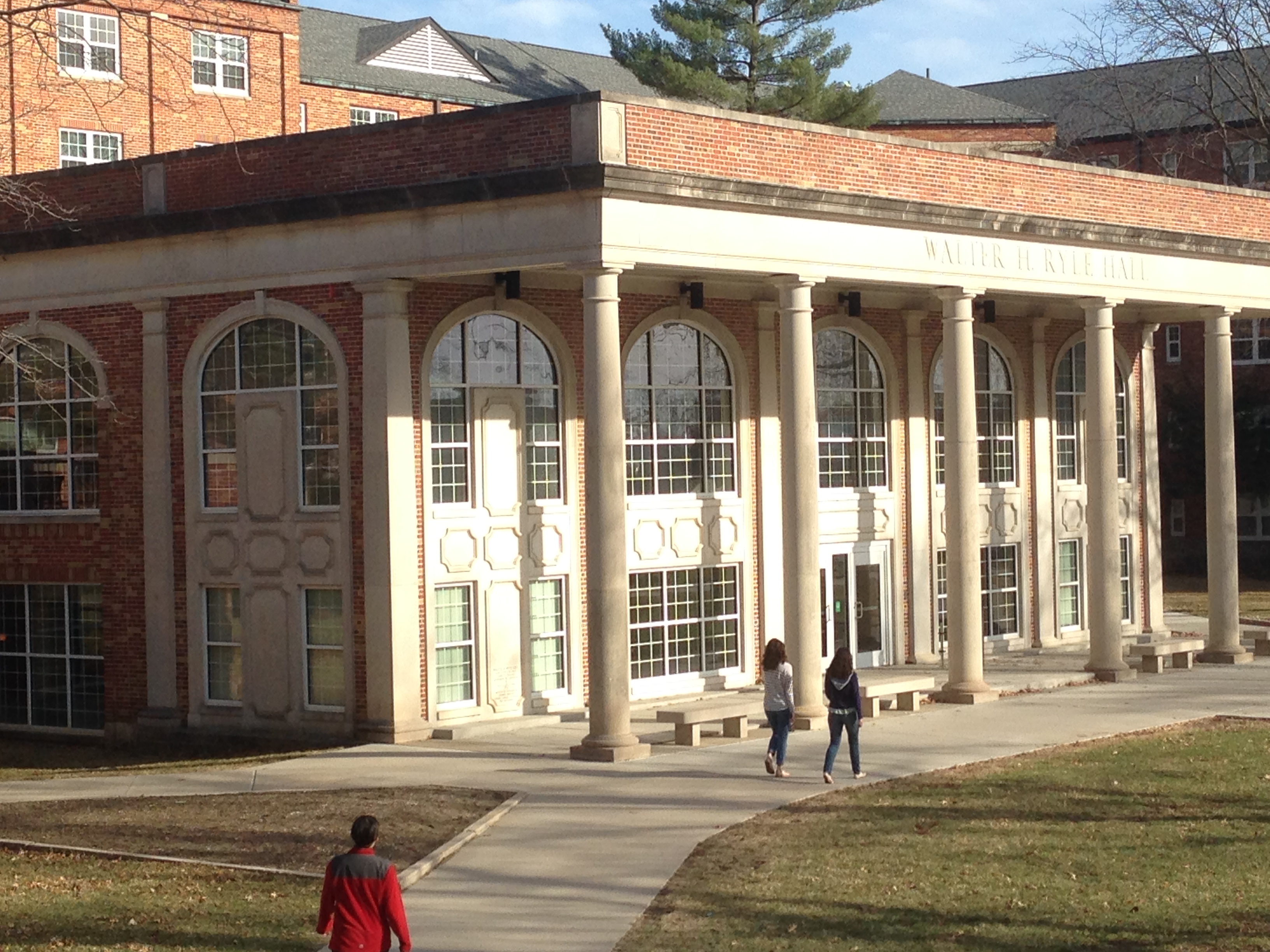

The tempting proposal of a free college education is a hot topic that alerted many young voters to Vermont Sen. Bernie Sander’s presidential campaign and still remains part of their argument to elect him into office. Other countries, ones with noticeably stable economies, have had similar systems in place for decades, yet many American voters continue to oppose the idea.
To be fair, if a person is finished with their education, the topic takes a back seat to other issues. However, promoting a more easily obtained college education has ramifications beyond getting under-privileged high school seniors off the handle of a McDonald’s deep fryer. If you claim higher education exists simply to provide an individual with the skills necessary to join the work-force at a higher level, then you are undervaluing the college experience.
A college education teaches you more than just how to behave at the office and how to work a spreadsheet. College teaches skills that can be applied outside of your professional life. The critical thinking that comes alongside earning a degree is applicable to all of life’s situations — professional, social and personal. The abilities to internally process information and frame judgment appropriately make an individual more valuable to society than someone who simply reacts. If this skill — and it is a skill — became more widespread, the world would be a very different place. Critical thinking isn’t a solution to all of the world’s, or even the country’s, problems, but it does lead the way to developing solutions.
Making college more affordable presents other possible improvements over time. When deciding which institute to attend or whether to attend one at all, prospective students often consider affordability, a fact many colleges exploit in their advertising and public relations campaigns. If this factor is taken out, however, then colleges are left to rely solely on their programs’ quality. By hopeful necessity, the natural competitiveness of the market would lead to a dramatic increase in the quality of these programs, making nearly any choice a viable one for prospective students.
Some might argue the inevitable rise of college graduates each year would lead to an even more competitive job market. This is a valid point because more individuals will be applying for the same jobs. However, competitiveness is a breeding ground for new ideas, and an education provides ample support for encouraging those ideas to grow. Necessity is the mother of invention, so the country will evolve to accommodate those individuals. Right now the country has evolved in such a way to provide support programs for those who need them. If those funds and resources were applied with a greater mindset, people would be able to receive those tools and skills on a wider scale. And no, not everyone is going to receive a six-figure salary in the end. But as stated above, the goal isn’t just to obtain a high end job. The goal should be to become a citizen capable of thinking on a higher level, enacting further change and obtaining results.
Truthfully, free education is a lofty idea that would cost billions of dollars to implement. That amount alone is enough to make one stagger. Yet considering how widespread the program would be, the average tax payer’s increase would be negligible. And consider it is not simply a cost, but an investment that would pay dividends in the form of more individuals capable of positively impacting the country and creating the changes many current college students wish to see.
Obviously there’s more to the upcoming election, and Sanders’ campaign, than the possibility of free education. But if you consider that a more educated society is more capable of improving itself over time, then it really becomes the main issue all others fall under — the need for change.
Even if you are finished or almost done with your college education, or if you’ve decided higher education isn’t for you, the evolution of society affects everyone on every level, which makes it less of an educational reform and more of a societal reform. So think about how the actions of society affect you and your future, and how informed and educated you want the people acting to be.
Corbin Kottmann is a senior English and communication major from Washington, Mo.
This editorial originally appeared in the March 3 issue of the Index.
